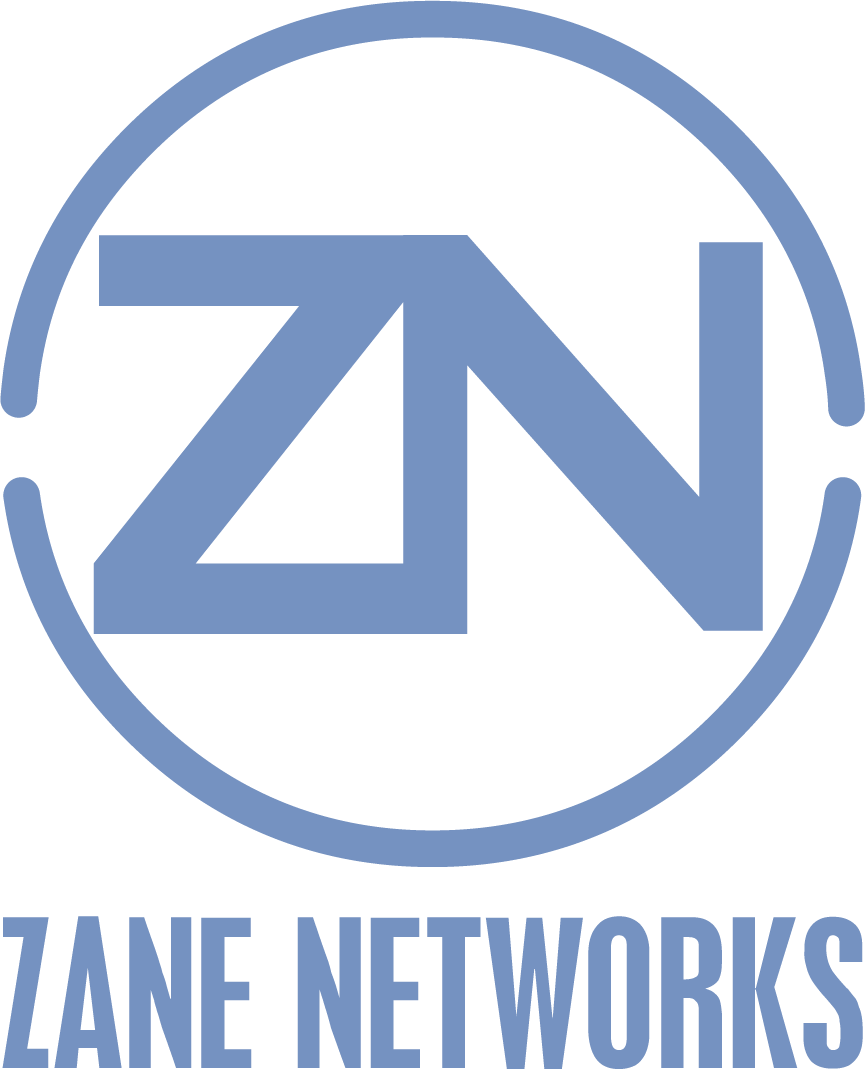Getting our population healthier, more equitable, and more access is and has been a vision for years now. Care delivery and payments are on the line in 2024. Will the industry step up and create the tools providers need? Can providers stay relevant without embracing technology solutions? Here is what the experts are seeing in the coming year.
“Social Determinants of Health (SDOH) play an oversized role in health outcomes, which is why initiatives are underway to empower social services organizations and others in the healthcare ecosystem to use HL7 FHIR as their data interoperability standard. The shift to FHIR not only facilitates interoperability within healthcare, but more importantly, allows social services providers to capture SDOH data by leveraging existing social services networks in local communities, and then share this data with healthcare providers.
Data interoperability is critical to achieving health equity. And while today’s healthcare providers continue to be incentivized to be interoperable, it is imperative to expand these incentives to include community-based organizations. This expansion allows them to track patients to and from care settings and social services, ultimately leading to improved outcomes, reduced provider frustration, time and documentation savings, lower healthcare costs, and, most importantly, whole-person care for every individual.”
Michelle Zancan RN, BSN, Senior Clinical Analyst, Zane Networks
Co-Chair, Human and Social Services Work Group, HL7 International
LinkedIn: Zane Networks
X: @ZaneNetworks

